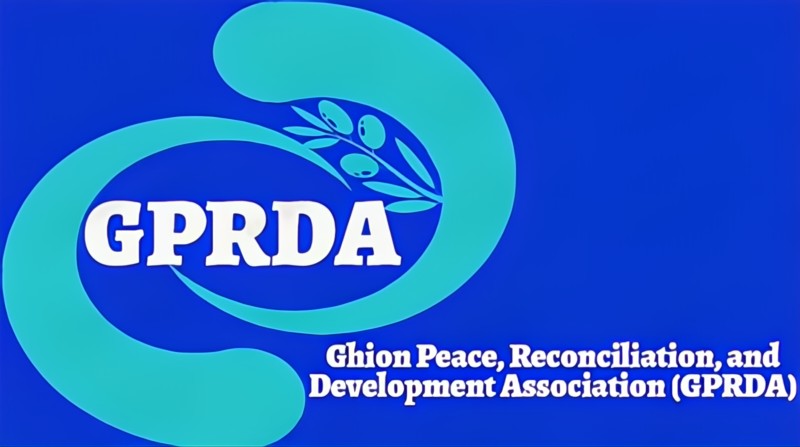Ghion Peace Reconciliation and Development Association (GPRDA) with funding from the Welthungerhilfe (WHH) hosted a one-day stakeholder sensitization workshop on Gender Based Violence (GBV) on May 10, 2025 in Jan Tekel Hotel. The event fostered cross-sector collaboration, strengthened dialogue, and advanced collective strategies for GBV prevention and response in the region. Designed to spark collaboration and strengthen regional responses, the workshop included expert-led presentations, participatory discussions, and group exercises that unpacked the root causes and consequences of GBV—especially during times of conflict.
The workshop featured expert-led presentations, interactive discussions, and participatory group activities. Attendees deepened their understanding of GBV’s prevalence, root causes, and societal impacts. Key themes included gender dynamics, GBV in conflict settings, and the long-term consequences of gender-based violence. Presentations explored key themes, including the definition of gender, the underlying drivers of gender-based violence, how it manifests in insecure environments, and its long-term effects on individuals and communities
The event drew a diverse cross-section of stakeholders, from government officials working in peace and security and women’s and children’s affairs, to community elders, religious leaders, women’s and youth organizations, police officers, prosecutors, and members of the judiciary. Their presence enriched the dialogue and underscored the urgency of a coordinated, multi-sectoral approach.
A representative from the Ambagiworgis town underscored the importance of traditional structures—particularly elders and religious figures—in shaping societal norms. He called for their increased engagement in awareness campaigns to dismantle harmful beliefs and promote gender equity. “By leveraging the moral authority and community trust held by religious institutions,” he stated, “we can foster deeper cultural shifts and encourage open dialogue around issues of violence and justice.”
Participants from Koladiba voiced concern about rising insecurity in the region, marked by ongoing attacks on civilians that have intensified instances of sexual violence, early marriage, displacement, and persecution. They stressed that limited access to education has deepened these vulnerabilities. In response, local communities have launched efforts involving awareness campaigns, telephone counseling services, and partnerships with legal institutions- signaling proactive engagement and resilience in the face of adversity.
Throughout the workshop, critical factors driving GBV were identified, including entrenched cultural norms, poverty, gaps in legal enforcement, and limited access to justice. Stakeholders also acknowledged persistent challenges such as resource shortages, fragmented coordination among institutions, and cultural resistance. Yet, the event culminated in a shared commitment to strengthen community support networks, expand accessibility to protective services, and promote gender equality- laying the groundwork for more sustained and inclusive action against GBV in the region.







